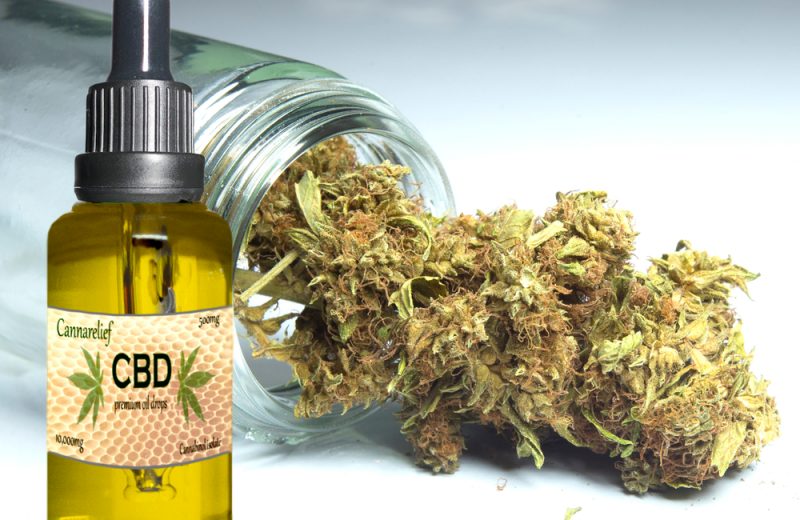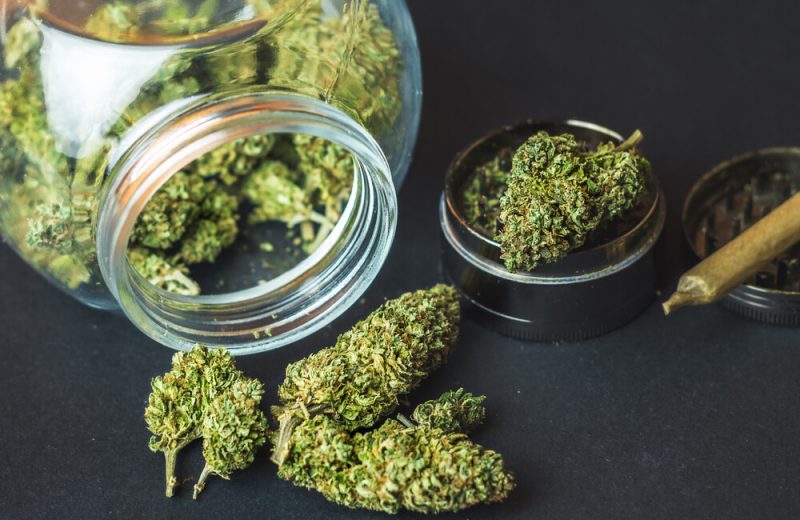A Canadian pilot study is set to test the effects of CBD on seniors.
The survey by Canopy Growth and the Ontario Long Term Care Association is looking to see if medical cannabis could be classed as a possible treatment for patients suffering from pain or cognitive issues.
It will study 100 seniors in long-term care across Ontario, with the goal to register another 100 thereafter. Residents have been enrolled in waves, and data collection will re-commence over the next six months.
At the start of its recruitment process last summer, Canopy Growth held information sessions at long-term care facilities, discussing the potential benefits CBD could bring to the elderly.
The director of continuing care with Canopy Growth David Greb said: “A lot of seniors struggle with three key areas: pain, mood, and sleep.
“And the potential for cannabis to address a lot of the potential issues around aging is really the biggest population that could see benefit. But it’s also a population that hasn’t been exposed to a lot of education around cannabis.”
Greb told audiences the story of 90-year-old pianist Neva Carmen. He said: “Unfortunately, she got osteoarthritis in her hands and she could no longer play the piano. So she started using medical cannabis, and within about two months she was able to fully start playing again. And now she says, ‘I feel like a child again, I can play for hours on end.’ I hear these stories over and over.”
However, it has also been important for the company to note that not everyone has found success from taking CBD.
Dr. Rhonda Collins, who is helping to identify subjects to take part in the trial, said she was working on making sure residents and their families were well educated on the subject before signing up.
She said: “In my practice, I’ve seen people have amazing responses to cannabis. I’ve seen people have zero response. And I also have seen people have negative responses.
“So that’s why it’s so important to me that rather than have a few scattered stories from across different sites, we have some rather robust evidence. Like any other drug that we use, any medication that we use — Tylenol, Ibuprofen, you name it — what works for you may not work for me.”
Dr. Collins added, however, that she found the study exciting and is interested to see how CBD could improve seniors’ quality of life.
Chief medical officer at CG Dr. Mark Ware has noted the points seniors should keep in mind, just like people do before agreeing to take any other form of medication.
He said: “They’re often on other medications, and so the interaction between cannabinoid molecules and their existing medicines is a very important thing to consider. And we metabolize drugs differently, so the dosing may not be the same for an elderly person as it is for somebody who is in their 30s or 40s.”
Ware added that the goal of the study is to increase the quality of life for seniors, but also gather a wider data set on the effects cannabidiol can have on the body. Researchers will explore how medical marijuana affects pain management with conditions such as Parkinson’s, sleep, and even dementia patients.
The study will also set the groundwork for further clinical trials which would establish best practices for using medical marijuana in the senior population.
Dr. Ware concluded: “We know that cannabinoids, at different times during the day, work on some of those factors. So if we combine those things together, if we measure those outcomes, does it lead to an improvement in their overall quality of life?”













